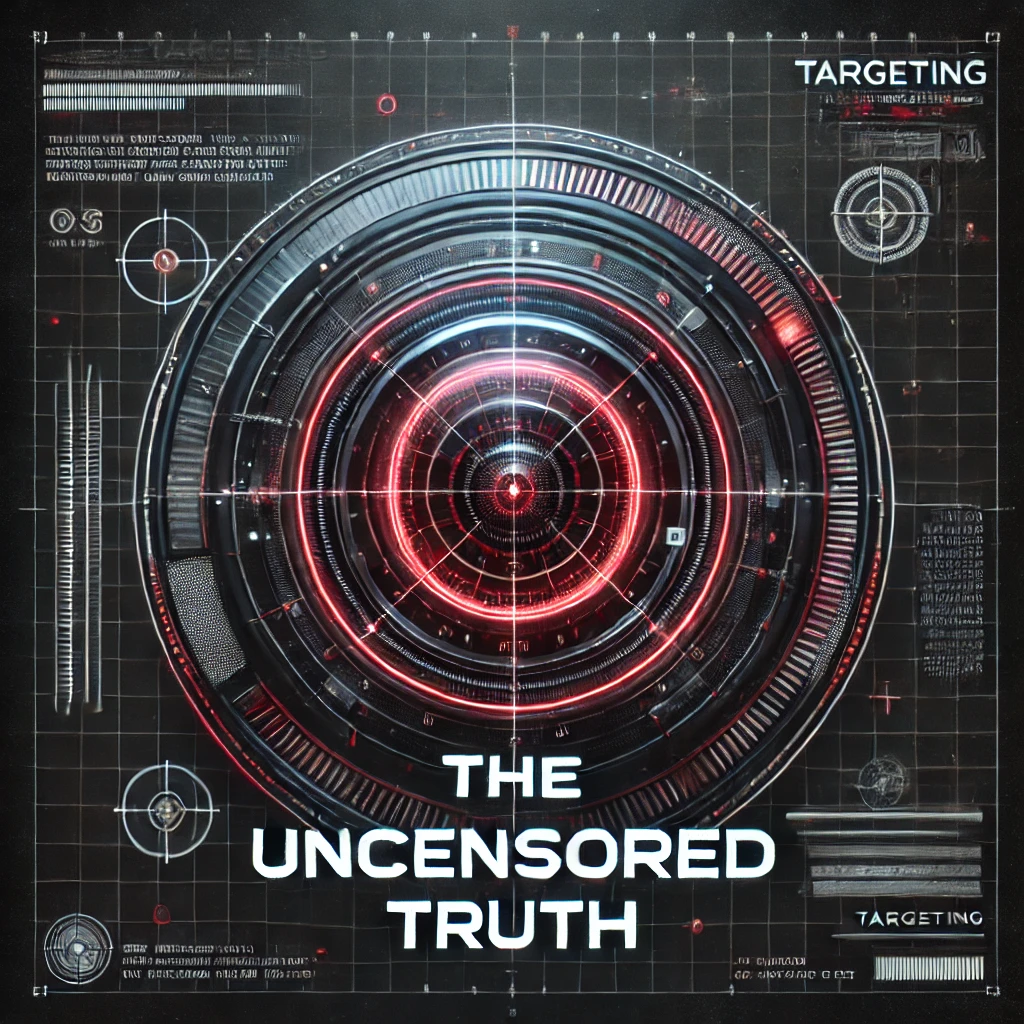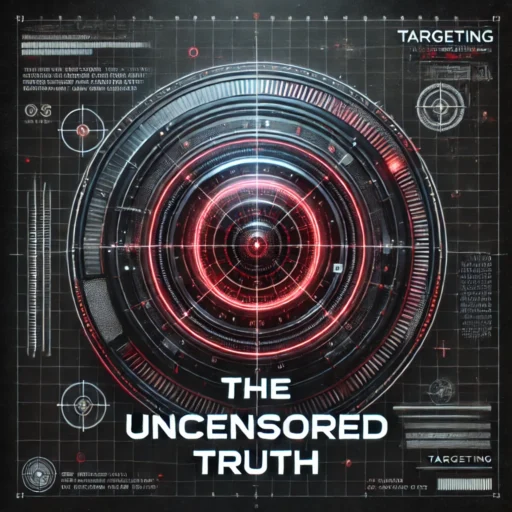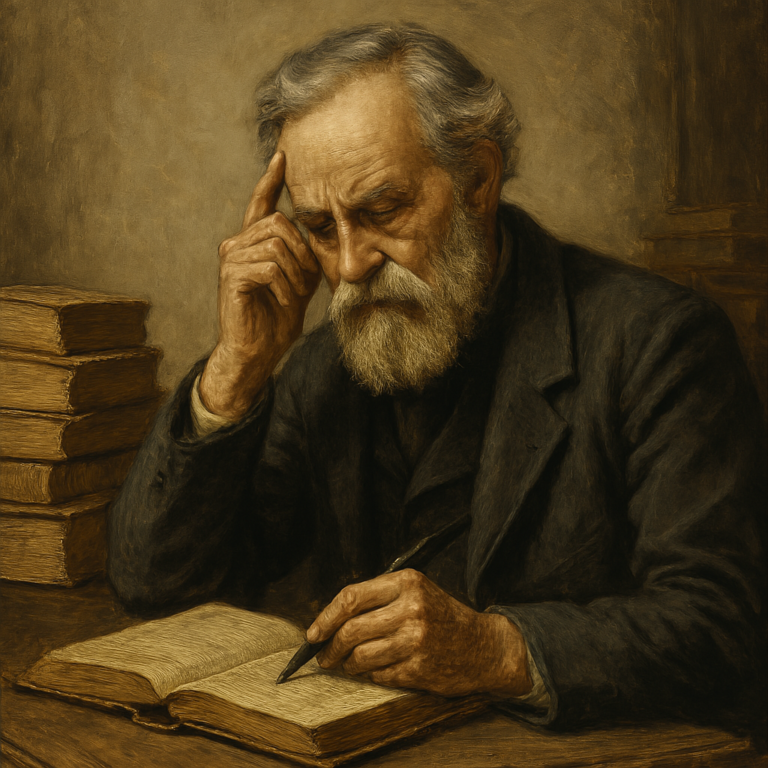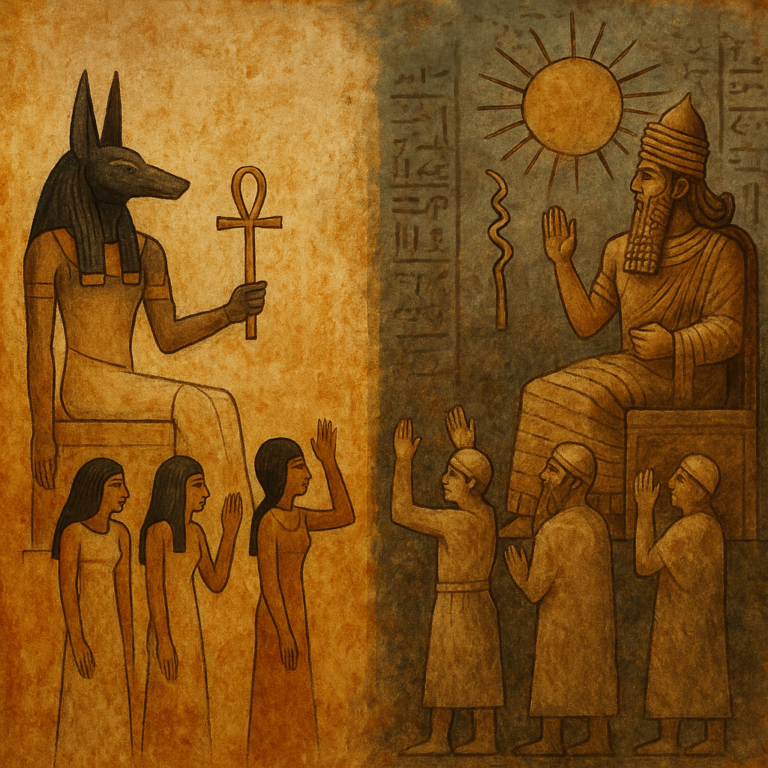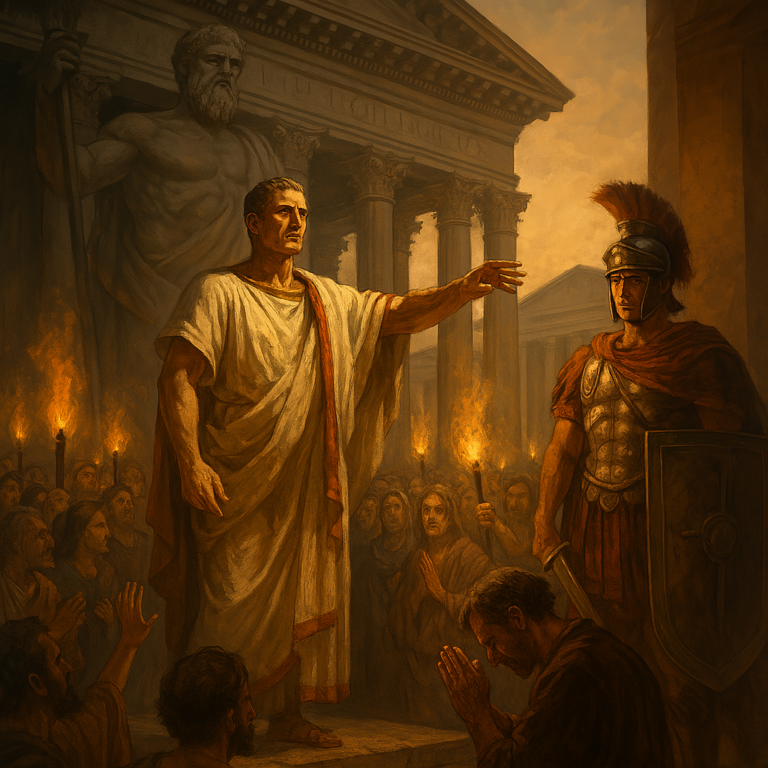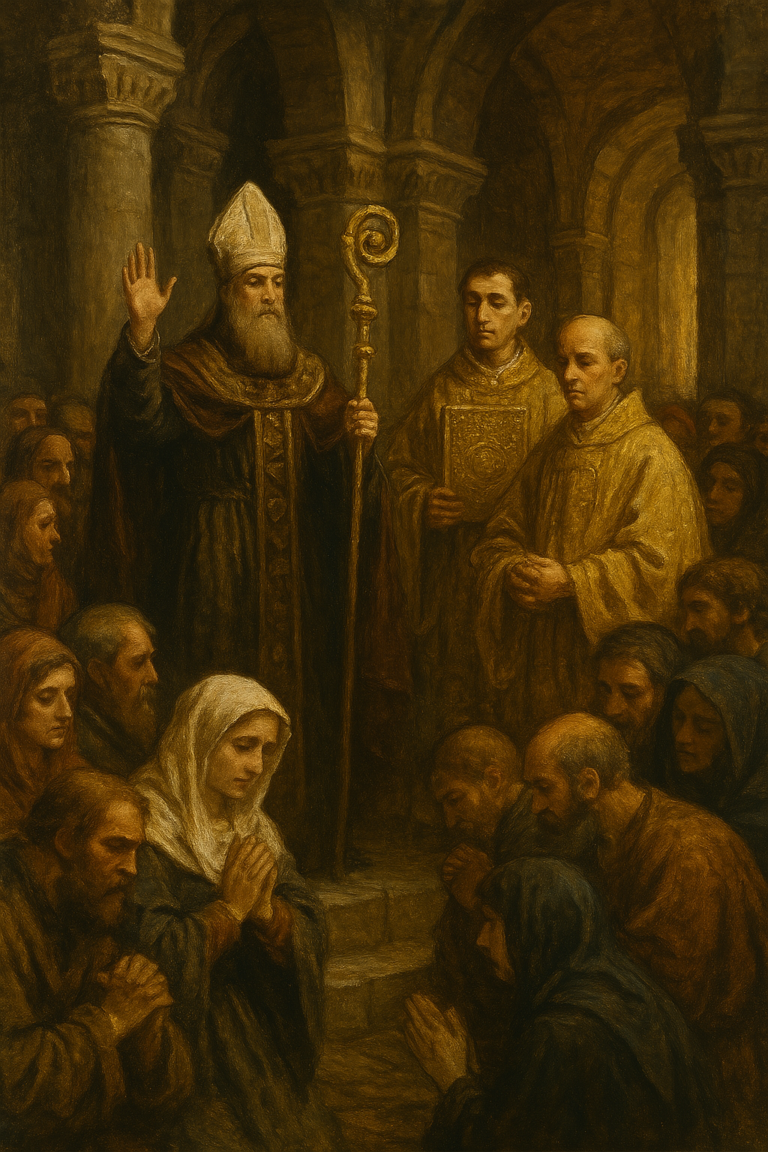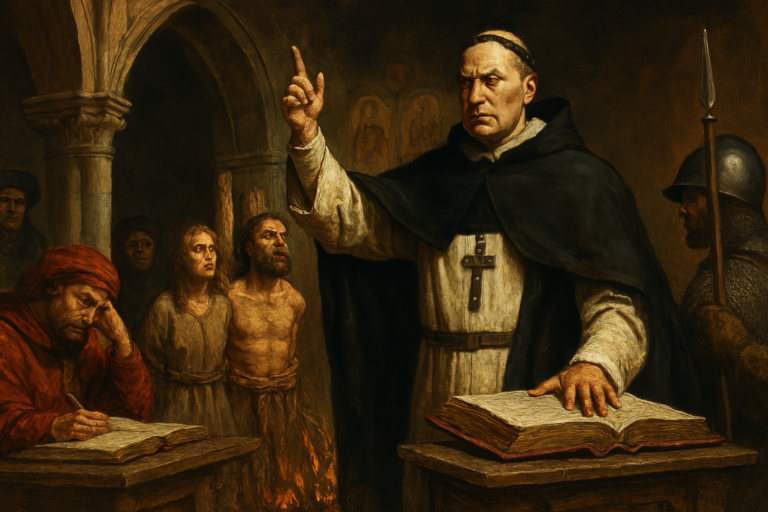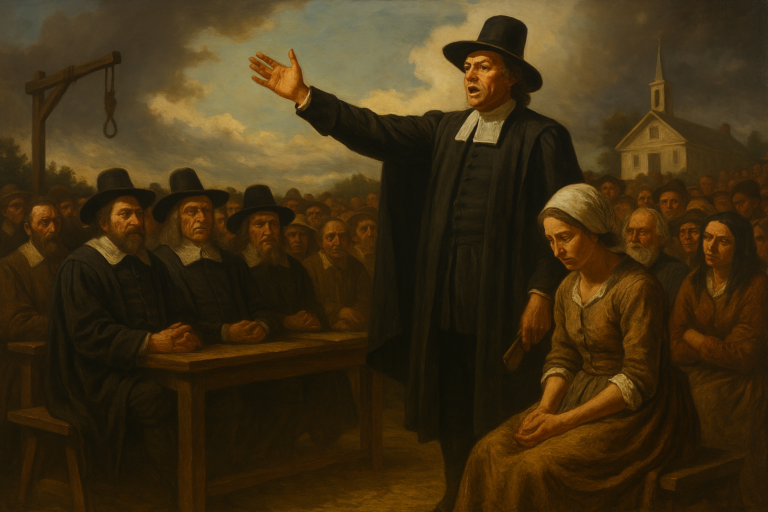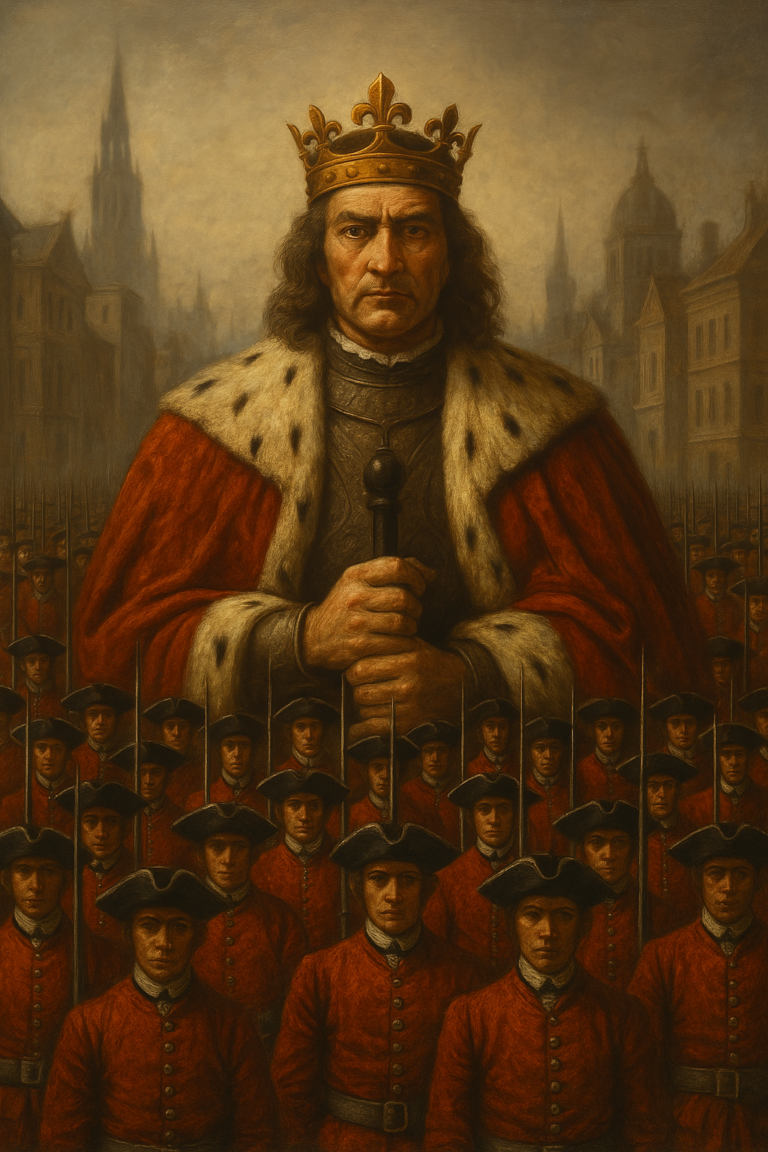I. Why Thinking Clearly May Be the Last Act of Rebellion
The modern world is noisy with opinion and confident in its consensus. From politics to health, climate to culture, we are flooded with narratives that appear unified, airtight, and absolute. But behind every confident assertion lies a quieter question: how do we know what we know?
This is not a new question. It is the foundational concern of philosophy and the quiet engine of science. Yet in the current age, it is often drowned out — not by tyranny, but by agreement. The more people seem to agree, the harder it becomes to ask questions. And the harder it becomes to ask questions, the more agreement masquerades as truth.
This essay marks the fourth and final part in a series exploring the philosophical roots of doubt in a world saturated with consensus. Where Part 2 examined the death of certainty, and Part 3 explored the role of debate in distinguishing truth from conformity, this final chapter turns to rationality itself — asking whether the rational mind can survive in an increasingly emotional, narrative-driven age.
To think rationally today is not to swim with the current, but against it.
Rationality, once considered a hallmark of intellectual and civic life, now finds itself under siege — framed by some as elitist, by others as insensitive, and by many as outdated. But without rationality, we are not left with compassion or justice. We are left with sentiment, spectacle, and submission to whatever narrative shouts the loudest.
What follows is a defense — not of cold logic or detached reasoning, but of rationality as a humane, necessary, and profoundly liberating force. One that asks not for obedience, but for inquiry. Not for belief, but for understanding. Not for certainty, but for the freedom to think.
Because in the end, it is not doubt that threatens us — it is the fear of what doubt might uncover.
II. What Rationality Really Means
Rationality, as a concept, often suffers from caricature. It is painted as the domain of robots, of cold calculators who ignore emotion and dismiss lived experience. But this is a straw man. The true rational mind does not deny emotion — it simply refuses to be ruled by it.
At its core, rationality is the willingness to ask, “What is the evidence for this claim?” It is the discipline of separating what we feel from what we know — not because feeling is bad, but because knowledge is incomplete without it. Reason does not eliminate human experience; it refines it.
Philosophers from Aristotle to Kant emphasized that rationality was not only about thinking clearly, but also about acting ethically. To be rational was to live in accordance with principles that could be justified — not imposed, not inherited, not absorbed passively from one’s peers, but examined and chosen.
In today’s world, that kind of thinking is increasingly rare. The social media age has elevated emotional reflex over measured thought. Posts go viral not because they are well-reasoned, but because they evoke outrage or belonging. The currency of the moment is not coherence, but allegiance.
To be rational in this context is not merely to think — it is to resist.
It means resisting the pull of the tribe, the seduction of certainty, and the ease of believing what is popular. It means slowing down when others rush, asking questions when others nod, and staying silent when the crowd demands applause.
And it means understanding that rationality is not a pose of neutrality — it is a commitment to accountability. Not to a system, but to the truth — wherever it may lead.
Learn About Types Of Logical Fallacy
III. Rationality and the Vacuum of Power
In the absence of rational inquiry, power fills the vacuum. When people are not taught how to think, they are told what to think — often by those who benefit most from compliance. This has always been the allure of dogma: it simplifies complexity, flattens nuance, and provides a ready-made script for action.
But while dogma can be religious, it can also be secular. It can wear the clothing of science, progress, or justice. What unites all dogmas is not their content, but their method: they discourage questioning. They frame dissent as danger. And they prize unity over truth.
This is not new. George Orwell, writing in the aftermath of totalitarianism’s rise, warned that “the heresy of heresies was common sense.” To observe the obvious — that a policy had failed, that a prediction was wrong — was itself an act of defiance. Because under dogma, facts do not matter. Only loyalty does.
Today, we face a similar dynamic — not enforced by secret police, but by cultural consensus. Rational analysis is often dismissed not because it is incorrect, but because it is inconvenient. It slows the moral momentum of movements. It complicates the “good vs. evil” narratives that fuel activism. And it threatens the emotional certainty that so many find comforting.
In this environment, even asking a clarifying question can be seen as subversive. “What do you mean by that term?” “What evidence supports this claim?” “Have alternative explanations been considered?” These are the building blocks of rational thought — and yet they are now framed as signs of hostility.
This is not a sign of progress. It is a sign of fragility. And the more fragile a belief system becomes, the more violently it reacts to scrutiny.
IV. Noise, Data, and the Collapse of Context
The irony of our moment is that we live in an age of unprecedented access to information — and yet we struggle to think clearly. Data is everywhere. Facts are searchable. Studies are published daily. But information without interpretation is just noise. And interpretation, if it is to be meaningful, must be rational.
Why then, in an age of abundance, does rationality feel so rare?
One answer lies in the nature of digital life itself. The internet has democratized speech, but it has also flattened context. A well-sourced essay and an emotional meme occupy the same visual space. A peer-reviewed study and a viral conspiracy theory compete for the same attention span. And in a medium where emotional impact determines reach, reason is often drowned out.
Worse still, many algorithms actively punish rationality. Posts that express doubt, nuance, or uncertainty are less likely to go viral. Platforms reward certainty — especially moral certainty — regardless of whether it is warranted.
This creates a paradox. To succeed in the public square, one must often suppress the very traits that define rationality: restraint, humility, openness. And so public discourse becomes a theater of the confident — not the correct.
Against this backdrop, the rational thinker appears not just unfashionable, but dangerous. By refusing to signal allegiance, they invite suspicion. By entertaining competing views, they seem disloyal. And by acknowledging uncertainty, they are accused of weakness.
But in truth, they are practicing the oldest form of intellectual courage — the courage to not know, and to go on thinking anyway.
V. Rationality as an Ethical Discipline
Rationality is not simply an intellectual trait — it is a discipline, and in many ways, a moral one. It requires us to put truth above comfort, clarity above tribal belonging, and consistency above convenience. In this sense, the rational mind is not just a thinking machine, but an ethical posture toward the world — a commitment to honesty in a culture that increasingly rewards performance.
The philosopher John Stuart Mill argued that liberty depends on the freedom to encounter all ideas, even those we find offensive or dangerous. But that liberty assumes something deeper: a population capable of engaging with ideas rationally. When people lose the ability — or the will — to evaluate claims through reason, freedom of speech becomes freedom to manipulate, and dialogue devolves into spectacle.
To maintain a rational worldview, then, is not simply a matter of reading the right books or having a high IQ. It is a daily exercise in self-regulation — resisting the pull of outrage, slowing down in the face of complexity, and asking, “What’s the strongest argument against what I currently believe?”
This kind of introspection is rare, not because people are stupid, but because they are busy, emotionally taxed, and often punished for pausing to think. Yet the practice remains essential. Without it, we become unmoored — floating from one emotionally charged claim to another, unable to distinguish between what feels right and what is right.
And that, of course, is the point. A society that cannot reason is a society that can be easily managed — not through violence, but through narrative. Control does not always come with jackboots and secret police. Sometimes it comes with emotionally engineered consensus, nudging people not just to believe, but to police belief in others. In such a system, the rational individual becomes the last defense against internalized obedience.
VI. The Capture of Language
If rationality is to survive in the modern world, it must learn to resist not just ignorance, but narrative capture — the process by which stories, ideologies, and social movements monopolize the language of truth. This process does not simply distort facts; it redefines what counts as thinking. In a captured narrative, questions are heresy, nuance is betrayal, and the highest virtue is ideological loyalty.
We see this dynamic in the way certain narratives shut down inquiry before it begins. “The science is settled.” “That’s harmful rhetoric.” “We don’t platform misinformation.” These phrases often come not at the end of a debate, but at the start — functioning as conversational firewalls. They suggest that the truth has already been found, and that the rational task is no longer to search for it, but to enforce it.
To be rational in such a landscape is to live in tension. It is to value clarity over certainty, and evidence over emotion — even when doing so invites hostility. It is to ask unpopular questions, not because one enjoys being contrarian, but because truth-seeking is impossible without them.
Importantly, resisting narrative capture does not mean embracing the opposite extreme — becoming cynical, contrarian, or conspiratorial by reflex. That, too, is a form of intellectual surrender. True rationality is not dogmatic skepticism. It is disciplined inquiry. It does not reject consensus outright, but it demands that consensus be earned — through reason, evidence, and open scrutiny.
Philosopher Paul Grice once outlined the “maxims of conversation” — principles like relevance, clarity, and sincerity — that form the backbone of rational dialogue. But when narrative capture takes over, these maxims are inverted. Clarity is replaced with vagueness (“lived experience”), sincerity with moral posturing, and relevance with emotional appeal. In this environment, rationality is not just out of fashion — it is subversive.
And yet, that subversion may be exactly what’s needed.
VII. The Rational Choice: Doubt as an Act of Hope
Rationality does not end with logic. It lives in the tension between certainty and humility, between clarity and complexity, between knowledge and doubt. To be rational is not to be infallible — it is to be accountable to evidence, to correction, and to dialogue.
In a world where narrative and sentiment dominate, this kind of thinking is deeply countercultural. It does not offer the comfort of certainty. It refuses to resolve tension with a neat slogan. But that is precisely its value — and its threat to systems that rely on conformity.
Every authoritarian system, at some level, fears rationality. Not because rational thought creates chaos, but because it reveals constructed order. It asks: who benefits from this narrative? What assumptions are left unexamined? What is not being said?
These are not safe questions. They don’t make people comfortable. But they do make people free.
The future of rational thought depends not on institutional revival, but on individual courage. The willingness to think when thinking is punished. The willingness to ask when questions are suspect. The willingness to doubt — not out of cynicism, but out of care for truth itself.
It’s easy to assume the battle for freedom will be won or lost in grand speeches, in ballots or revolutions. But often it is won or lost in the smallest, quietest moments: when someone chooses not to repost the viral outrage. When someone asks for sources. When someone admits, “I don’t know.”
These are the building blocks of a rational society. Not certainty — but inquiry. Not obedience — but examination. Not agreement — but the shared process of arriving at the truth together.
To think rationally is to choose discomfort in the service of freedom. It is to resist being told what to believe — not because we know better, but because we want to know better.
It is, in the end, an act of hope.
